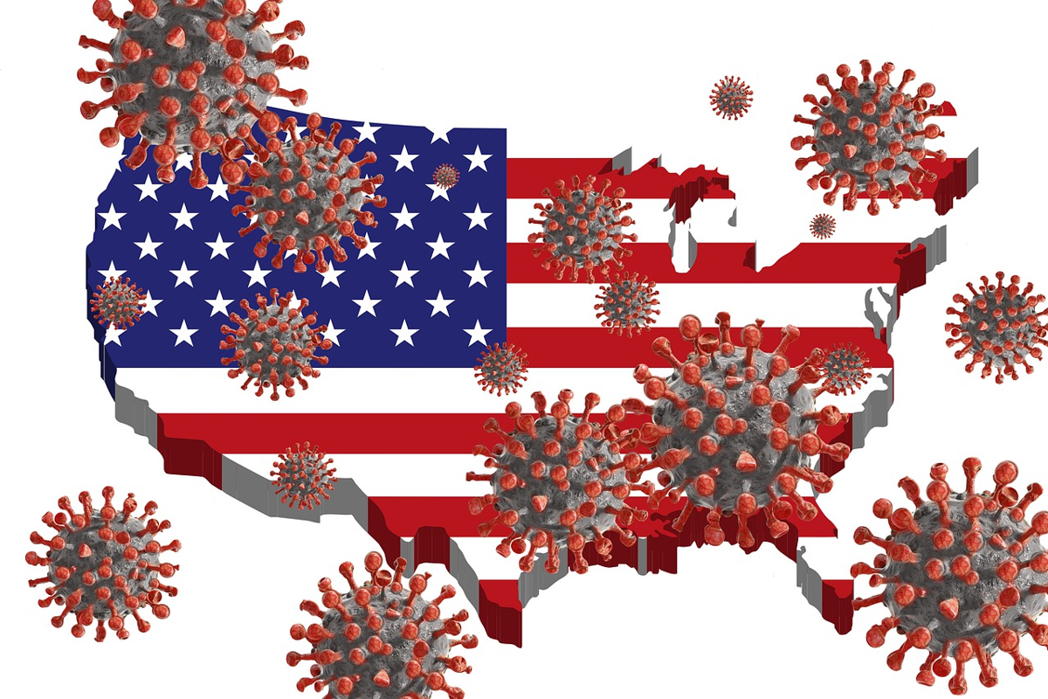
COVID-19. The term is on everyone’s lips. Practices like social distancing, self-isolation, and even full-scale quarantine are in effect for many countries in the world. In the United States, a wide number of states have issued emergency declarations to close restaurants to dine-in customers, pivot to online learning instead of sending kids to school, and more. Though President Donald J. Trump has ruled out a national quarantine for now, many states are enacting such quarantines in high-impact areas, forcing citizens to remain home, instituting curfews, etc. Of course, this turn of events has already had an effect on the national economy, and many people are wondering about the future of the nation amid financial concerns. This is especially true after the recent Senate vote for a stimulus package of nearly $2 trillion, which was shot down by Senate Democrats. Below are some possible effects of the coronavirus on the national economy.
Jobs and Money Decrease
We have already seen the spread of coronavirus lead to the shut-down or virtual shut-down of public school systems, restaurants, bars, beaches, and other gathering places. This is necessary to avoid the staggering death toll predicted by computer simulations if coronavirus is allowed to spread quickly. Simply put, the virus could spread so rapidly (if we do not practice social distancing well enough) that it overwhelms the healthcare system. The US healthcare system will run out of ventilators and other necessary equipment, leaving many to succumb to the disease. So it is absolutely imperative that we shut down these social gathering places.
Unfortunately, this means a loss of jobs. Restaurant servers and bartenders are no doubt feeling the sting already, and some retail and e-commerce giants like TJ Maxx and Reformation have shutdown their trade for the time being. The places of work for many people are starting to trim hours or close altogether amidst the growing crisis. Plus, having to keep children at home means that at least one parent will have to cut back working hours if their job is not conducive to remote working. Not only does this equate to a smaller workforce, but it also means that families will have less discretionary money to spend, which is what keeps our economy afloat.
Stocks Suffer
Vox developed a thorough report of the ways that our economy is already in recession due to the effects of COVID-19. If you have money invested in stocks, the outlook is bleak. While the stock market has been somewhat volatile during Trump’s presidency, it had made significant headway since he was inaugurated. Unfortunately, it has rescinded all those gains in the wake of coronavirus.
What does that mean for the common person? Well, the stock market is not a perfect representation of the economy. It is, however, a decent indicator of the economy’s direction. Currently, it looks like that direction is “down.” Coupled with the “real-world” economic effects like unemployment increases and lost income, the stock market’s trend is decidedly negative. While the stock market in recent years has taken on the caricature of being the hoard of the billionaires, in fact, many middle-class folks have their retirement plan caught up in stocks. The fall of the market can put that retirement, or other employment-based benefits, in serious peril.
Some Rays of Hope
Not everything is fire and brimstone, even though it may feel like it right now. The medical sector can expect some gains as its services become even more critical than usual. Remote working has increased exponentially, leading technology companies like Best Buy to have booms even amid the health crisis. Revenue streams that can be implemented from home have become the go-to option for entrepreneurs and workers as physical offices are becoming virtually abandoned.
Oil prices have dropped sharply, which can have both negative and positive impacts on the average American. In addition to ongoing Congressional negotiations for a stimulus package to relieve the economic pressures, the Federal Reserve also injected money into Wall Street and has cut interest rates significantly in an attempt to jump-start spending and put the economy back on track.
The simple fact of the matter is that we do not know precisely how the coronavirus will change our economy. The pieces are shifting, our spending habits as a nation are changing, and even the way we work has started to come into question. Democratic presidential candidate Andrew Yang was considered outlandish by many for his proposal of a Universal Basic Income awarded to every American each month, but reports have emerged that the Trump Administration is considering doling out checks of $1,000 to every American to help offset the income drop.
For now, there is no one who can sum up the economic effects of the coronavirus better than American folk legend Bob Dylan: “the times, they are a-changin’.”